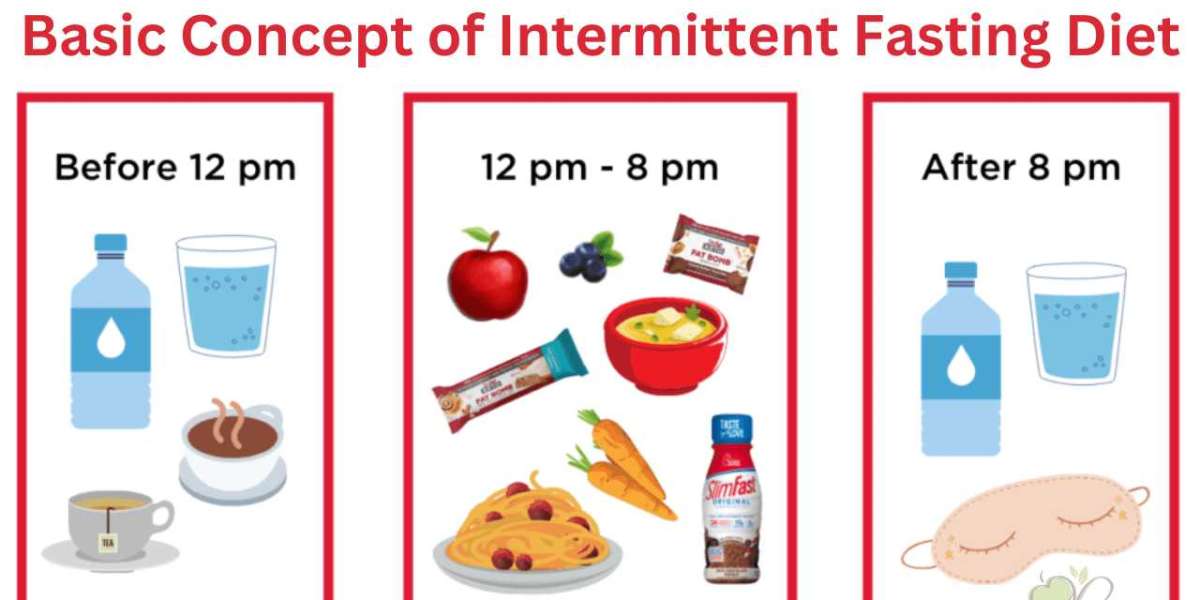It does not specify which foods to eat, but rather when you should eat them.
There are many different intermittent fasting protocols, but the most common one involves fasting for 16 hours each day and eating within an 8-hour window. For example, you might choose to eat between 12pm and 8pm each day.
Other popular intermittent fasting diet protocols include:
- 5:2: Eat normally for 5 days and restrict your calories to 500-600 calories for the other 2 days.
- Eat-Stop-Eat: Fast for 24 hours once or twice per week.
- Alternate Day Fasting (ADF): Fast every other day and eat normally on the days in between.
Intermittent fasting has become increasingly popular in recent years due to its potential health benefits, which include:
- Weight loss: Intermittent fasting can help you to lose weight by reducing your overall calorie intake and increasing your metabolism.
- Improved blood sugar control: Intermittent fasting can help to improve blood sugar control by reducing insulin resistance and improving insulin sensitivity.
- Reduced inflammation: Intermittent fasting can help to reduce inflammation throughout the body.
- Improved brain health: Intermittent fasting has been shown to improve brain function and protect against neurodegenerative diseases such as Alzheimer's and Parkinson's.
- Increased longevity: Intermittent fasting has been shown to increase lifespan in animals, and there is some evidence to suggest that it may have similar effects in humans.
Intermittent fasting is a safe and effective way to improve your health and lose weight. However, it is important to talk to your doctor before starting any new diet, especially if you have any underlying health conditions.
Here are some tips for following an intermittent fasting diet
- Choose a fasting window that works for you and stick to it as much as possible.
- During your fasting window, drink water, unsweetened tea, or coffee. You can also chew gum or suck on hard candy, but avoid anything that contains calories.
- During your eating window, eat healthy, balanced meals and snacks. Focus on nutrient-rich foods such as fruits, vegetables, whole grains, and lean protein.
- Avoid processed foods, sugary drinks, and unhealthy fats.
- Listen to your body and break your fast if you feel unwell.
If you are new to intermittent fasting, it is best to start slowly and gradually increase the fasting window as you become more comfortable. You may also want to break your fast early if you feel any adverse effects, such as dizziness, lightheadedness, or fatigue.
Intermittent fasting is a flexible diet that can be adapted to fit your individual needs and preferences. It is a great way to improve your health and lose weight without having to sacrifice your favorite foods.






